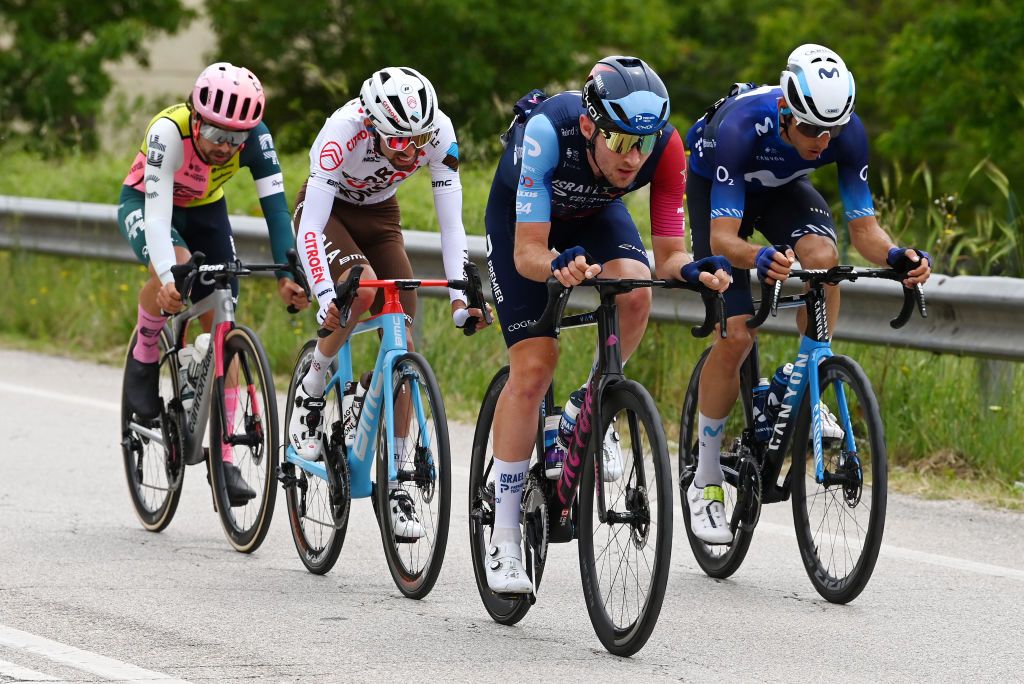The Giro d’Italia has given the first clues as to how the UCI’s overhaul of the World Rankings points scheme will impact WorldTour teams in the next three seasons as they battle for places in the top division in 2026.
Following criticisms that the points were too heavily weighted toward one-day races, the UCI overhauled how points were allocated for the World Rankings. The biggest changes came at WorldTour level, most significantly at the Grand Tours and Monuments.
Cyclingnews examined the latest rankings and the points gained during the Giro to see what the new World Rankings system has incentivised and to gauge what we can expect to see during the upcoming Tour de France and beyond.
There is still a long way to go until the next WorldTour relegations in 2026, but the new system appears to be changing the shape of the sport in some subtle but important ways.
Teams don’t need a Grand Tour GC contender as badly
The current points system gave even more weight to overall Grand Tour winners – the Tour de France champion earns 1,300 points this year rather than 1,000, and the Giro and Vuelta a España winners earn 1,100 as opposed to 850. However, an expansion in points awarded for stage placings and minor classifications gives more opportunities for teams lacking an overall contender.
Until this season, only the top five riders on a Grand Tour stage were rewarded with points. Now, the points go down to the top 15 and the points for a stage winner is 210 points rather than 120. In comparison, the top 60 riders overall still earn points and each placing got a raise of 20-25%.
Additionally, the UCI changed how the team rankings are calculated, taking the points from the top 20 riders of a team rather than 10. This means that a team can go into a Grand Tour like the Giro d’Italia without a general classification contender and still profit almost as much.
Take Trek-Segafredo, for example – they had a perfect balance, with Mads Pedersen as a solid sprinter who earned a stage win and four other top-five stage finishes. They had Toms Skujiņš going on the attack on six stages with four of the breakaways successful in netting him points. He didn’t get a stage win but his second place on stage 12 and Alex Kirsch’s second place in Rome were worth more than a stage victory last year.
The American team came out of the Giro moving up from eighth to seventh – making up some ground they’d lost during Tour de Romandie and 4 Jours de Dunkerque and getting a leg up on Lotto Dstny,…
Click Here to Read the Full Original Article at CyclingNews RSS Feed…

